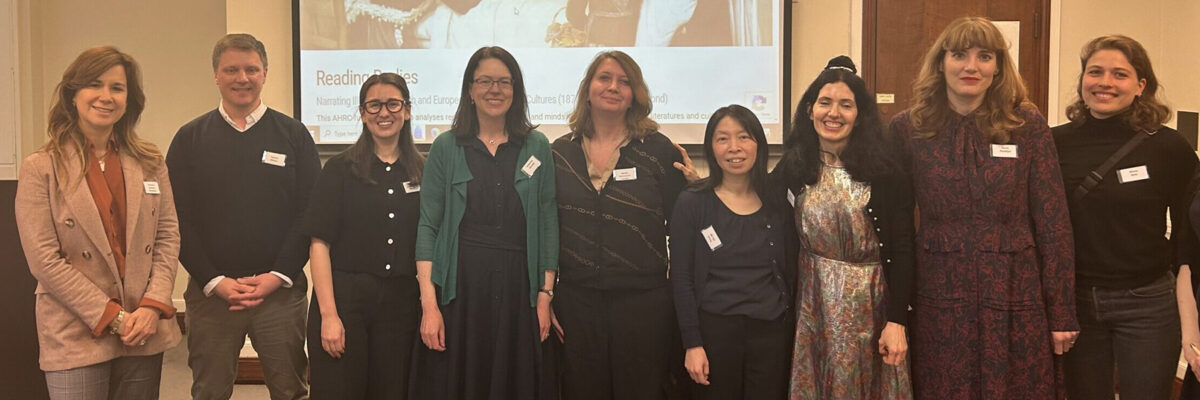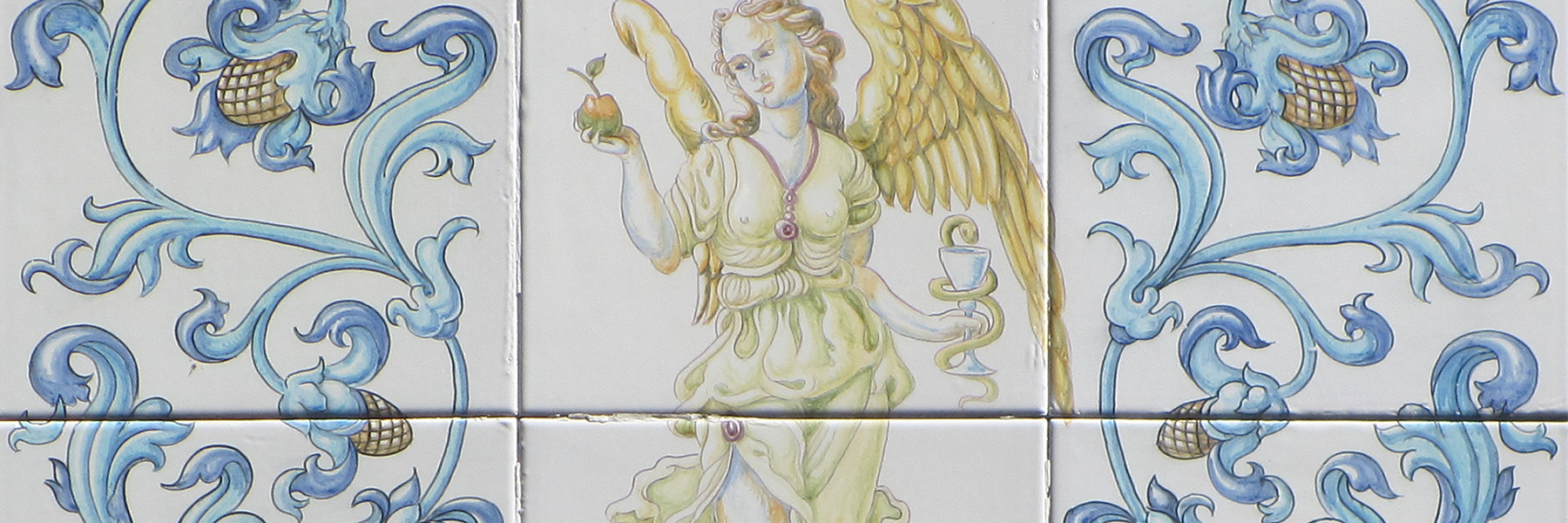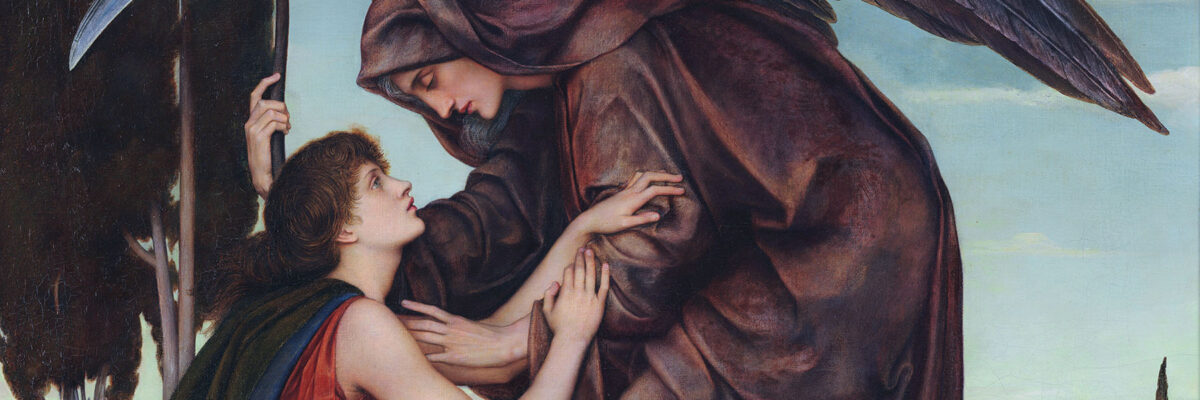
Thanks to all our fantastic speakers, chairs, and Dr Patricia Novillo-Corvalán (University of Kent) for a wonderful keynote lecture. Thanks also to members of the research network and all attendees who came along on 26 April 2024 to support our first academic workshop, contributing to stimulating conversations about Reading Bodies: Narrating Illness in Spanish and European Literatures and Cultures (1870s to 1960s). The workshop was organised by Prof. Katharine Murphy (Principal Investigator for Reading Bodies) and Dr Olivia Glaze (AHRC Postdoctoral Researcher). A recording of selected papers from the workshop is available on the ILCS website.












